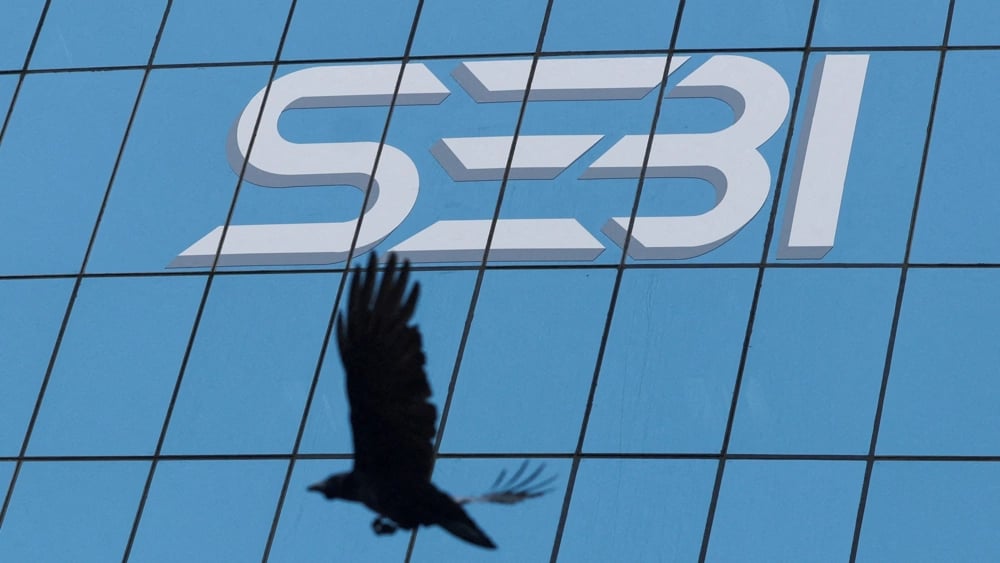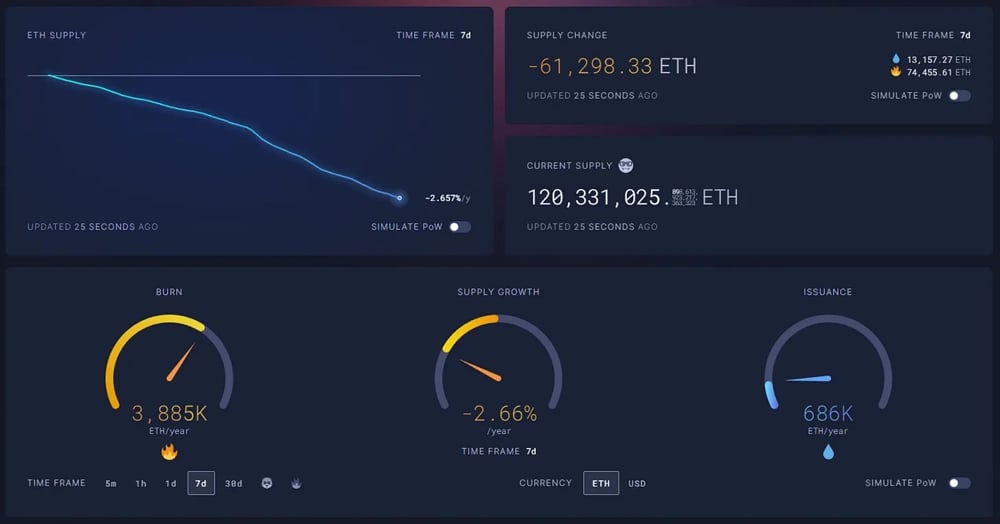India’s SEBI Probes Jane Street Over Alleged Derivatives Manipulation Linked
India’s securities regulator, the Securities and Exchange Board of India (SEBI), has launched a sweeping investigation into global quantitative trading powerhouse Jane Street Group over concerns that the firm may have attempted to manipulate benchmark equity indices through derivatives trading. The probe, which spans a three-year period, is the most significant regulatory inquiry involving a major international trading firm in India to date.
Algorithmic Strategies Under the Microscope
According to two sources familiar with the matter, SEBI is examining the activities of Jane Street, Jane Street Singapore Pte, and its Indian affiliate JSI Investments, focusing specifically on algorithmic trading strategies related to Nifty 50 and Nifty Bank derivatives — two of India’s most widely tracked stock indices on the National Stock Exchange (NSE).
The core of the investigation centers on whether Jane Street’s trading activity may have artificially influenced price movements, liquidity, or volatility in these indices, which serve as underlying assets for a large volume of options and futures contracts in India.
This move comes amid SEBI’s broader efforts to cool down excessive speculation in India’s booming derivatives market. Over the past year, the regulator has introduced stricter controls on market-making, conducted audits of algorithmic strategies, and tightened disclosure requirements for institutional participants.
Quick Facts:
SEBI is investigating Jane Street, Jane Street Singapore Pte, and JSI Investments
Focus is on algorithmic trades involving Nifty 50 and Nifty Bank indices
Probe covers a period of approximately three years
Concern over potential manipulation of market liquidity and volatility
The case marks SEBI’s largest-ever inquiry into a global trading firm

Extended Analysis: Market Reactions and Expert Insights
The investigation has sent ripples through Indian equity markets, particularly among institutional investors and algorithmic trading firms. While SEBI has not released an official statement, the market’s reaction suggests growing caution, especially in segments where high-frequency and quantitative strategies dominate.
Analysts say the outcome of the probe could lead to stricter regulations governing foreign algorithmic and high-frequency trading (HFT) firms. Any changes in the regulatory environment may impact the trading volumes and structure of derivatives linked to NSE:NIFTY and Nifty Bank, which together serve as the backbone of India’s index derivatives market.
Some traders are concerned that increased oversight could reduce liquidity if large players pull back or revise their strategies. Others see the probe as a necessary step toward strengthening market integrity and enhancing investor confidence in a system where algorithmic trading now accounts for a significant portion of daily turnover.
Key Takeaways:
SEBI’s investigation targets advanced algorithmic trading strategies tied to major Indian indices.
Jane Street is the first global quant firm to face such an extensive probe in India.
Market structure and liquidity in Nifty-linked derivatives could shift as regulation tightens.
High-frequency trading (HFT) may face additional restrictions in emerging markets like India.
India’s derivatives market, one of the world’s largest, is entering a phase of regulatory recalibration.

A Defining Moment for Global Quant Trading in Emerging Markets
SEBI’s probe into Jane Street signals a turning point in how emerging markets are responding to the growing influence of algorithmic and quantitative trading. As India’s financial system becomes more integrated with global capital flows, regulators are sending a clear message: technological sophistication does not exempt firms from scrutiny.
While the long-term impact of this case remains to be seen, the short-term implications are already reverberating across the market. For global trading firms operating in India, compliance, transparency, and adaptability will be key to sustaining participation in one of the fastest-growing derivatives markets worldwide.















Comments
It's intriguing to see regulators taking such bold steps to curb the power of major trading firms.